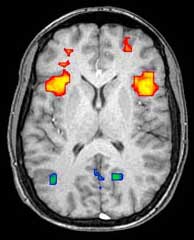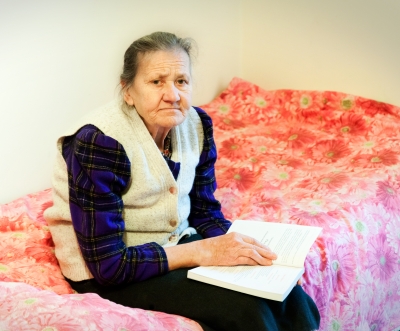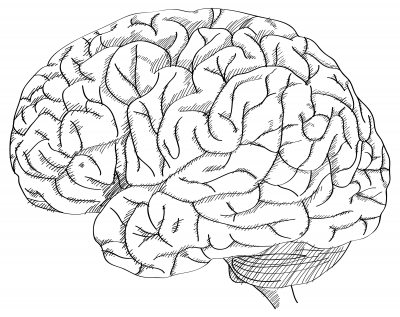Restricting Calories Can Slow the Aging Process
The benefits of dietary restrictions are known for reducing the risk of heart disease, hypertension, and stroke; however very little is known about the benefits for memory and learning. Researchers from NYU Langone Medical Center have discovered that calorie counting diets can actually slow the aging process in the human brain. “Our study …













